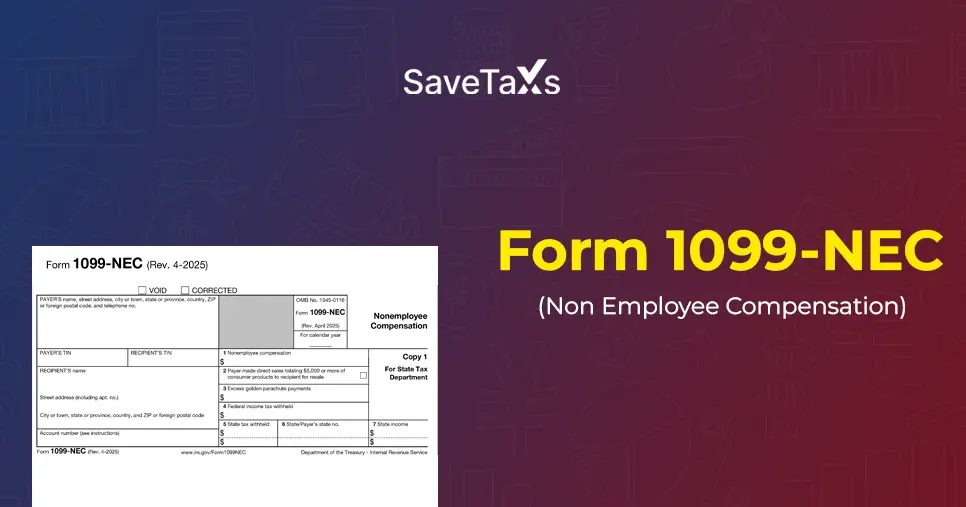- What is a Non-Resident External (NRE) Account?
- What is a Non-Resident Ordinary (NRO) Account?
- Difference between NRE Account NRO Account?
- Benefits of NRE Account and NRO Account
- What Type of Fund Should Be Deposited in an NRI Account?
- Documents Required to Open an NRI Account
- Why Do NRIs Have NRE and NRO Accounts?
- How to Open an NRI Account
Non-resident Indians (NRIs) often face challenges in managing their finances between India and abroad. However, the ideal solution to this problem is to have an NRE and an NRO account. While an NRE account allows NRIs to manage their foreign income with zero tax implications and unrestricted repatriation of funds, an NRO account enables NRIs to manage income earned in India, which is subject to tax.
This blog will provide you with all the information you need to know about NRE and NRO accounts, including their key features and which account to choose based on your financial needs.
- Non-Resident (NRE) Accounts: Best for foreign income; tax-free and fully repatriable.
- Non-Resident Ordinary (NRO) Accounts: For Indian income; taxable with TDS; repatriation allowed up to USD 1 million/year.
- NRE Joint Account: NRE joint only with NRIs; NRO can be joint with NRIs or resident relatives.
- Foreign Exchange Management Act (FEMA) Regulations: NRIs cannot maintain regular savings accounts; they must use NRE or NRO accounts.
- Usage: Both accounts support deposits, withdrawals, transfers, and investments.
What is a Non-Resident External (NRE) Account?
A Non-Resident External account is a type of account at an Indian bank where an NRI can deposit foreign currency in Indian rupees. In simpler terms, it is an Indian rupee–denominated account that converts your foreign currency into INR at the time of deposit. One thing to note is that any amount deposited in an NRE account must be earned outside India.
As with any other bank, there are various types of NRE bank accounts, including current NRE accounts, recurring NRE accounts, fixed deposit NRE accounts, and savings NRE accounts. An NRE account can be opened either individually or jointly. However, to open it jointly, you need to open it with another NRI, not an Indian resident.
One thing to keep in mind about NRE accounts is that, because they convert foreign currency into Indian rupees, they are subject to currency exchange fluctuations.
To illustrate this concept, let's assume Mr. Sharma deposits a certain amount of US dollars on June 1, 2025, and withdraws it on June 20, 2025. Now, he will either withdraw more or less, depending on how the currency has been fluctuating.
What is a Non-Resident Ordinary (NRO) Account?
Non-Resident Ordinary accounts enable NRIs to deposit income earned in India from sources such as rent, dividends, and pensions. There are limitations on repatriating funds from an NRO account; moreover, the interest earned on an NRO account is subject to tax deducted at source (TDS).
Just like the NRE account, NRIs can also open an NRO account jointly, but this time it can be done with an Indian Resident on a survivor or former basis only. However, you can also open an NRO account jointly with an NRI. You can also use this account to easily transfer funds from your current non-resident external account to your non-resident ordinary account.
Difference between NRE Account NRO Account?
The table below outlines the key features of NRE and NRO accounts, helping you determine which account best suits your financial needs.
| Parameter | NRE Account | NRO Account |
|---|---|---|
| Money Deposits and Withdrawals | In an NRE account, NRIs can deposit money in a foreign currency, which is then converted into Indian currency. | In an NRO account, funds are deposited in both foreign and Indian currency. However, withdrawals are made only in Indian currency. |
| Repatriation | Unrestricted repatriation of funds for both the principal amount and the interest amount. | Limited repatriation of an amount of up to 1 million USD per financial year. |
| Tax Treatment | Totally tax-free. | Interest income is subject to tax implications. |
| Fund Transfer | Can transfer funds to another NRE or NRO account. | Can be transferred to another NRO account, and to an NRE account up to USD 1 million per financial year. |
| Exchange Rate Fluctuation Risk | Under risk | No risk |
| Joint Account Holding | Can be jointly opened with another NRI. | Can be opened jointly with another NRI or a resident Indian (a close relative) as stated in the Companies Act, 1956, Section 6. |
Benefits of NRE Account and NRO Account
There are various benefits associated with NRE and NRO accounts for an NRI. Knowing this will help you avoid missing anything in that account.
NRE Account
- One of the most significant benefits of an NRE account is that it is exempt from any tax implementation, which means that both the original amount and the interest you earn are tax-free.
- Another significant benefit of this account is that it enables the repatriation of funds without any restrictions.
- These accounts are used to make direct investments in India, so you can either use an NRE account for personal reasons or to carry out your business financial transactions in India.
NRO Account
- Allows easy fund transfers between an NRO and an NRE account, with limited outward remittances.
- NRO accounts offer competitive interest rates on fixed deposits and savings accounts.
- This account allows for flexibility in opening it jointly with either an Indian or an NRI.
- However, an NRO account is subject to the applicable income tax bracket, whereas an NRI can avail of tax benefits under the Double Taxation Avoidance Agreement (DTAA).
What Type of Fund Should Be Deposited in an NRI Account?
As we know, there are two types of NRI accounts, namely NRE accounts and NRO accounts, and you can make deposits of funds in either of them. There are strict guidelines regarding what to deposit in which account.
Funds to Deposit in an NRE Account
- Fund remittance from your foreign account or transfer from an NRE or FCNR (Foreign Currency Non-Resident) bank account.
- Funds from your NRO account, but only up to 1 million USD.
- Interest earned in an NRE account.
- Proceeds from investments made using funds from the NRE account, like fixed deposits or other schemes.
Funds to Deposit in an NRO Account
- The income you have earned in India.
- Proceeds from the sale of assets.
- Interest earned on an NRO account.
- Investment proceeds from funds in the NRO account, such as fixed deposits or other schemes.
Documents Required to Open an NRI Account
As with any other account, you will need to provide the required documents to open an NRI account in India. Below is a list of the documents you need and by whom those documents must be attested.
- ID Proof: Valid copy of passport, copy of Permanent Account Number (PAN). If you do not have a PAN, you can submit a copy of Form 60.
- Proof of Your NRI Status: Copy of a valid visa, resident card, or work permit.
- Address Proof: Passport, permanent driving license, or voter identity card.
- Recent Passport-sized Photographs.
- Proof of Indian Origin: If an NRI has Indian origin, they must provide either an OCI (Overseas Citizen of India) card or a PIO (Person of Indian Origin) card.
Why Do NRIs Have NRE and NRO Accounts?
Under the Foreign Exchange Management Act (FEMA), a Non-Resident Indian cannot open a savings account in India in their name. Hence, to send remittances to India, NRIs need a bank account; therefore, NRE and NRO accounts exist.
How to Open an NRI Account
As they say, no one size fits all. The same applies to an NRI bank account. Depending on your financial needs and income sources, you need to choose whether an NRE or NRO account is ideal for you. However, you can open both NRE and NRO accounts. Ultimately, the choice is up to the account holder.
However, one thing that is guaranteed is a seamless process of opening an NRI account. Yes, SaveTaxS has been helping NRIs open NRI accounts for over two decades, whether NRE or NRO. Our experts bring over 30 years of experience to the table, ensuring you can count on us to open your account with the utmost precision while adhering to all FEMA and RBI regulations.
Savetaxs has ties with leading, trusted banks in India; hence, your account-opening application will be processed without any hassle.
Note: This guide is for information purposes only. The views expressed in this guide are personal and do not constitute the views of Savetaxs. Savetaxs or the author will not be responsible for any direct or indirect loss incurred by the reader for taking any decision based on the information or the contents. It is advisable to consult either a CA, CS, CPA or a professional tax expert from the Savetaxs team, as they are familiar with the current regulations and help you make accurate decisions and maintain accuracy throughout the whole process.

Mr Shaw brings 8 years of experience in auditing and taxation. He has a deep understanding of disciplinary regulations and delivers comprehensive auditing services to businesses and individuals. From financial auditing to tax planning, risk assessment, and financial reporting. Mr Shaw's expertise is impeccable.
- Everything You Need to Know About UPI for NRI
- When Does an NRIs NRE Account Lose Tax-Free Status in India?
- Everything You Need to Know About FCNR (B) Account
- Top 5 NRI Banks for NRE account in India for 2026
- How To Transfer Money From NRO Account to NRE Account
- NEFT, RTGS, IMPS and UPI to Transfer Funds From NRO to NRE Account
- A Guide to NRO (Non-Resident Ordinary) Accounts
- Overseas Bank Account for NRIs
- PoA For NRIs To Manage Indian Banking Needs
- Why Should an NRI Convert Their Resident Savings Account to an NRO Account?
Want to read more? Explore Blogs
Frequently Asked Questions
No matter what your source of income is, we've got you covered. There’s a plan for everybody!
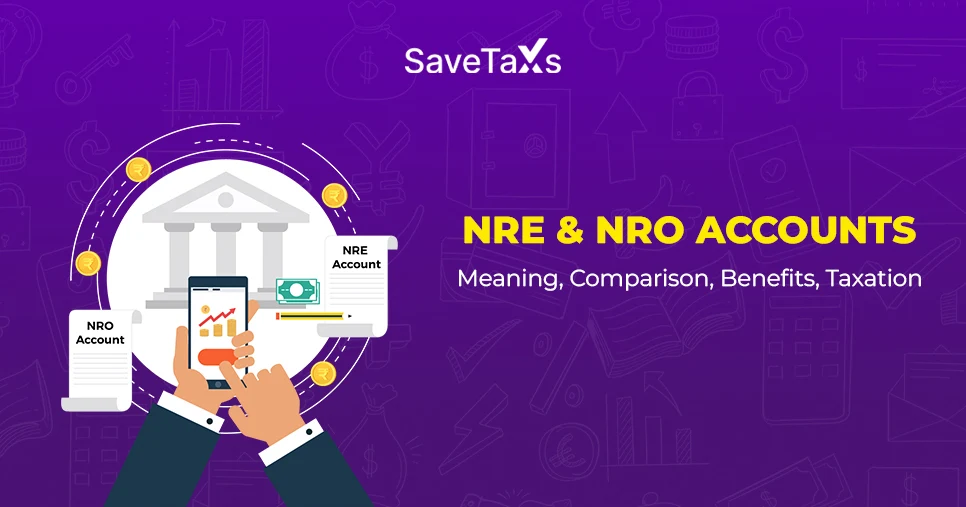
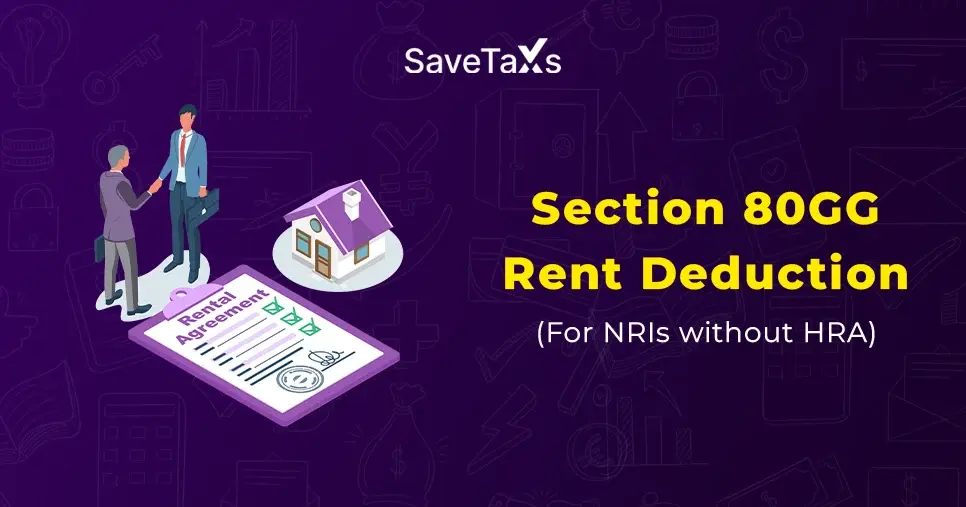


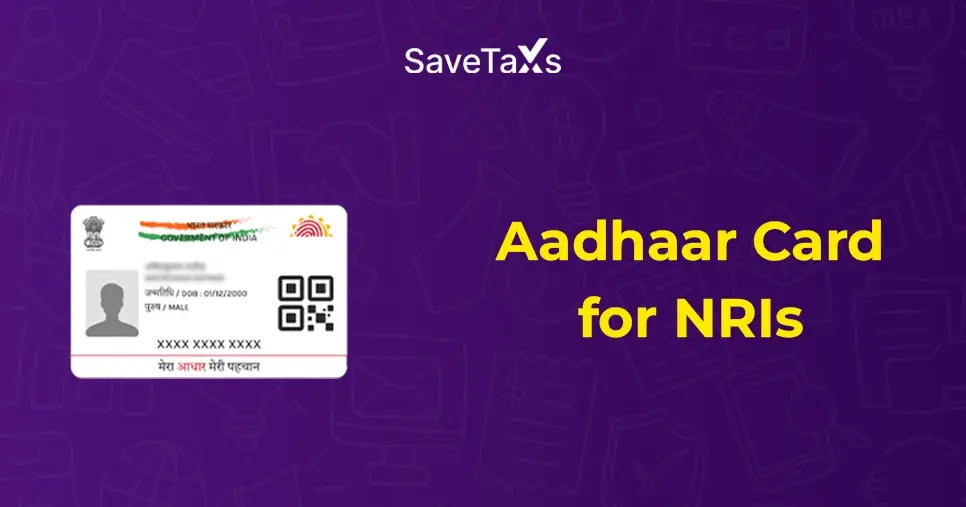
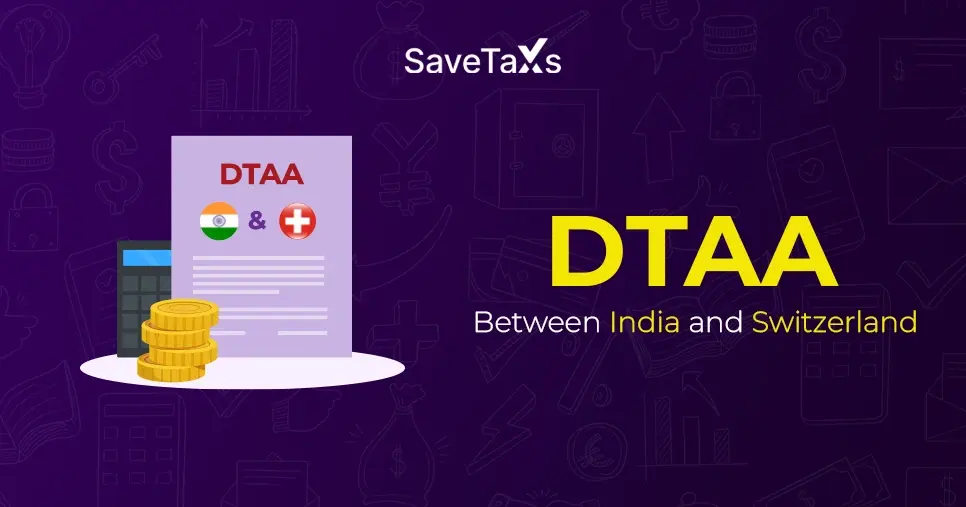

_1766730933.webp)



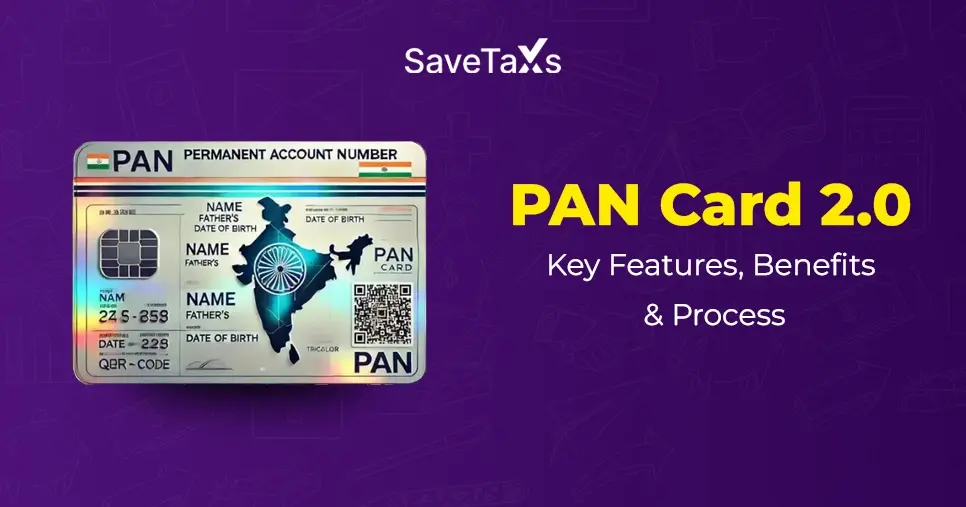

_1767333184.png)



